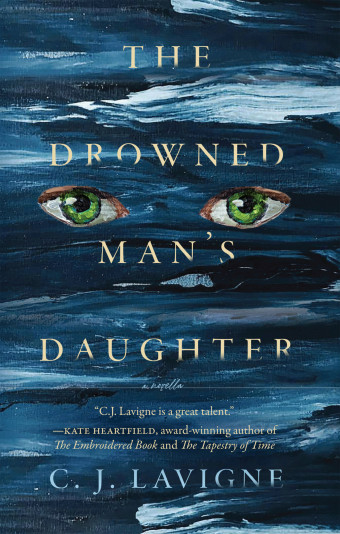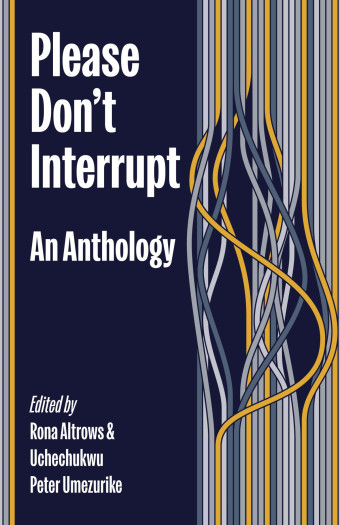“The opening pages came to me in a waking dream one morning. I arose and wrote about five pages, trying to get stuff down without thinking about it very much,” says Vancouver-based author Paul Headrick about Losing Shepherd, his riveting new novel about relationships, the writing life, and betrayal.

- Losing Shepherd
- Paul Headrick
- Signature Editions
- $19.95 Paperback, 288 pages
- ISBN: 978-17-73240-96-1
“I’ve made a lot of changes to that hurriedly written opening,” he adds, “but the first line has stayed: ‘Here’s the traitor Gordon Bridge buckling his youngest son into his car seat.’”
Set in Vancouver and Brooklyn, the novel centres on Gordon Bridge, a well-known novelist. At the outset, he has just panned an acclaimed new novel by Taylor Shepherd, his best friend since childhood.
After this affront to Taylor, Gordon’s life implodes. Not only does he endure writer’s block and neck pain, but his family also suffers. To work through it all, Gordon starts journaling about the dissolution of the friendship and his downward spiral. These writings form the narrative of Losing Shepherd.
One of Headrick’s biggest challenges was how to structure the novel. “I wanted to create the impression that Bridge was jotting things down spontaneously, mainly for himself, trying to investigate the sources of his problems by examining his past,” says Headrick.
“He’s not thinking about developing an effective structure and creating tension. Yet, obviously, the novel must have structure and tension, gently slipped in there somehow.”
Despite, or maybe because of, the challenges, Headrick embraces the process of writing fiction. In fact, he enjoys it all, in part because he feels that in a small way he’s participating in a grand project.
In an earlier draft of the novel, Headrick says, he had Gordon, in his simultaneously humble and arrogant way, express this notion in the following lines: “Literature is an ocean. The work of great writers streams into that ocean. And I, I finish a novel. I carry a child’s plastic pail to the shore and slip the little water it holds into the literary sea.”
_800_1000_90.jpg)
Headrick’s favourite character in the novel is Trudy, the brilliant healer who rescues Gordon when he suffers pain and paranoia after a speaking engagement. “For me, Trudy’s special powers are inseparable from her love of novels and her unique talent for reading fiction and people,” declares Headrick. “There’s a mystery in that connection, and I like an element of mystery in character. Also, she’s funny.”
According to Headrick, his target audience believes that people can learn something about history, or a political issue, or morality, from a novel. However, these readers know that these important insights only become interesting in fiction if they’re elements contributing to an engaging story and a compelling linguistic world.
If this novel is a cautionary tale, Headrick supposes that the caution is not to get caught up in telling deceptive, simplistic stories about ourselves that narrow our identities and constrain our lives.
He thinks of Losing Shepherd as more of a celebration than a warning. In his words, “It celebrates commitment, complexity, and imagination in friendship, in love of all types, and in fiction.”













